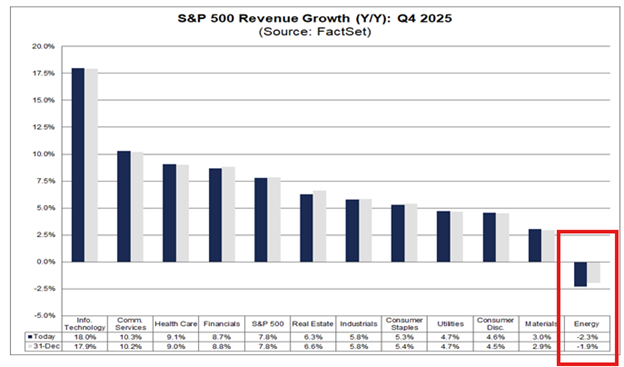The renaissance of industrial policy has been promoted by a breed of public intellectuals with considerable financial interests as they are well paid consultants for governments.
Our new book, Moonshots and the New Industrial Policy: Questioning the Mission Economy, takes a critical look at the renaissance of state capitalism and interventionist industrial policies. The book features contributions from 23 different scholars, it is published by Springer and available for free download.
In one chapter, sociologist Olof Hallonsten discusses the role of public intellectuals. Hallonsten’s conclusions are well in line with Friedrich Hayek’s reasoning in his 1949 article “The Intellectuals and Socialism” where he convincingly argues that intellectuals exercise power through “the shaping of public opinion.”
Hallonsten writes:
…a new type of public intellectuals has emerged, usually with a background and a parallel academic career in business or economics, who promote a simplified and easily marketed message and enjoy a contemporaneous celebrity status reminiscent of pop stars. They offer advice—both solicited and unsolicited—to governments and their agencies as these engage in innovation policy initiatives.
When it comes to industrial policy and green deals, the leading public intellectuals consist of celebrity economists, notably Italian-British economist Mariana Mazzucato and Harvard professor Dani Rodrik. They have had an instrumental role in legitimizing the growth of new government programs. Mazzucato has promoted large-scale industrial policies under such slogans as “mission-oriented innovation policy” and “the entrepreneurial state.”
These new rock star academics have a tremendous impact on public discourse. Hallonsten provides some indicative figures to illustrate their power. Mazzucato has more than 250,000 followers on X and according to All American Entertainment (AAE), she charges $50,000–$100,000 per speech. Having consulted for the European Commission and many governments across the world, she has had a considerable impact on both public discourse and government policy.
In a 2016 blog post on the website of Nesta, a UK governmental foundation that supports innovation, CEO Geoff Mulgan discussed the emergence of a “new generation of public intellectuals” who are gaining widespread attention by selling books in large quantities, delivering talks at TED and similar events, and achieving star status.
Mulgan mentions an exchange he had with Samuel P. Huntington—a renowned political scientist and advisor to such elites as U.S. President Jimmy Carter—best known for his influential book The Clash of Civilizations (1996). Huntington—considered a public intellectual himself—reportedly spoke about the rise of celebrity public intellectuals who managed to escape the traditional confines of academia.
Huntington observed that many of his colleagues had grown tired of the rigorous scrutiny associated with academic life and adopted a celebrity-like lifestyle, attending events only as keynote speakers and engaging exclusively with admirers. He cautioned that this trend was turning brilliant thinkers into performers who were losing their intellectual rigor.
Drawing from this conversation, Mulgan introduces the concept of the “vanity trap” that public intellectuals may fall into, contrasting it with the “rough egalitarianism” of academic life, where even the most distinguished professors must confront criticism, regardless of the critic’s status. Mulgan argues that for some public intellectuals, “different rules apply”—they develop a habit of ignoring critics, possibly to avoid exposing the weak foundations or oversimplifications in their arguments.
Mulgan is correct in asserting that public intellectuals should make a serious effort to address their critics. He suggests that the failure to do so might be due to the “vanity trap,” where public intellectuals become “too grand to engage in debate,” overly-focused on maintaining their brand, reluctant to admit mistakes, and thus, ultimately, becoming “enemies of learning.”
The reemergence of large-scale industrial policy deserves to be scrutinized, especially bearing in mind how dysfunctional it turned out to be in the 1970s. There are considerable knowledge problems and incentive problems associated with the state pointing out directions for the economy. Moonshots and the New Industrial Policy points out some examples of failed government programs such as U.S. Foreign Aid, the United States’ war on homelessness, and Brazil’s disastrous attempts at revitalizing the country’s deteriorated shipping industry.
Full story here Are you the author? Previous post See more for Next postTags: Featured,newsletter

























